on june 16-17, 2024, the center for international security and strategy (ciss) of tsinghua university and the brookings institution co-hosted the tenth round of u.s.-china dialogue on artificial intelligence and international security in bali island, indonesia, with the support of australia’s minderoo foundation. colin kahl, former united states under secretary of defense for policy, attended the event and delivered a speech. a total of more than 30 project team members from china and the us participated in the dialogue and engaged in in-depth discussions on ai terms, scenarios, and china-us cooperation on ai governance.
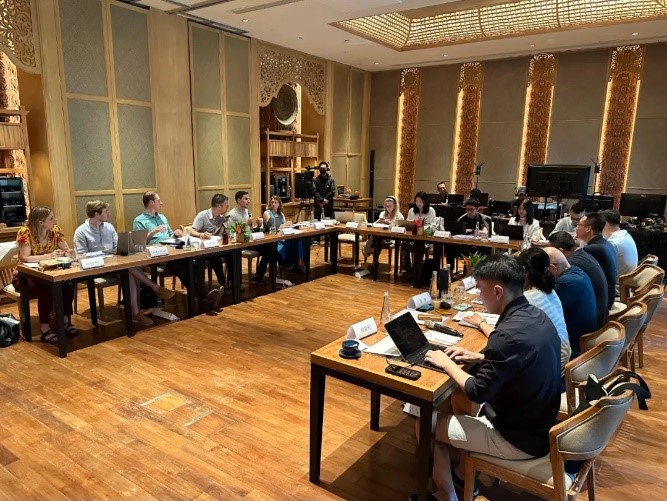
the conference included five sessions. the first session focused on the discussion of ai-related conceptual terms, which was moderated by dong ting, fellow of ciss, and jackie kerr, senior research fellow for defense and technology futures at the institute for national strategic studies (inss) at the national defense university. participating experts explained and exchanged opinions around 23 terms.
the second session centered on the prospects for the development of ai technology enterprises in china and the us, with michael sellitto, head of geopolitics and security at anthropic, and lu chuanying, deputy director of the institute for public policy and innovation studies at the shanghai institutes for international studies, delivering keynote speeches.
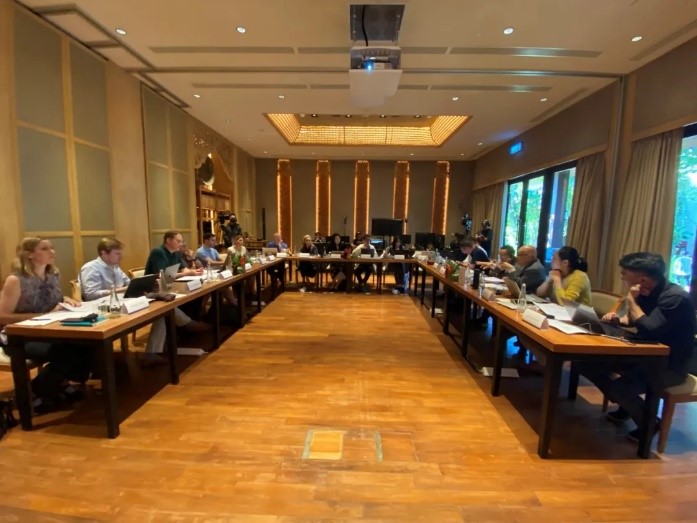
moderated by li qiang, associate professor and director of the military law institute at china university of political science and law, the third session centered on the china-u.s. intergovernmental dialogue on ai. sun chenghao, fellow of ciss; liu chong, director of the institute of international security studies at the china institutes of contemporary international relations; and michael sellitto, head of geopolitics and security at anthropic, delivered keynote speeches. participating experts believed that the china-u.s. intergovernmental dialogue on ai needs to focus on topics of common concern to both sides, discuss in depth the potential security risks of ai, and increase professional exchanges at the technical level.
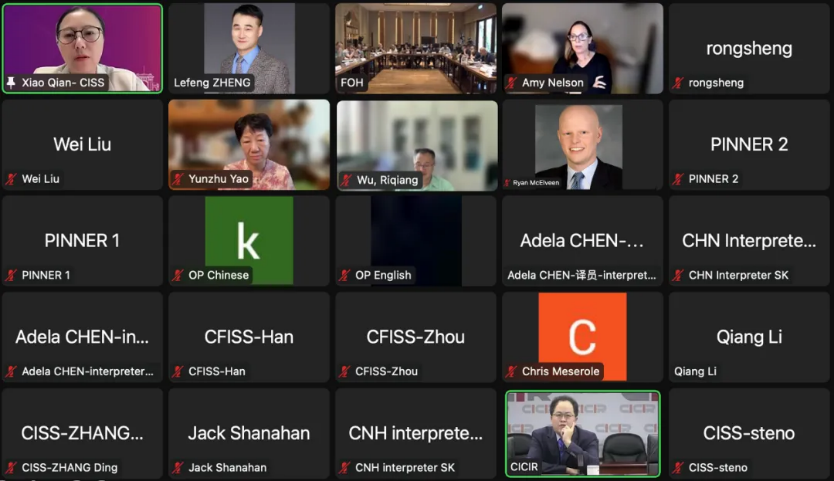
the fourth session focused on the next phase of the u.s.-china dialogue on artificial intelligence and international security. this session was moderated by ryan hass, senior fellow of the john l. thornton china center at the brookings institution. xiao qian, deputy director of ciss, and david edelman, director of the project on technology, the economy, & national security (tens) at massachusetts institute of technology, delivered keynote speeches. participating experts believed that in the next phase, we should give full play to the advantages of think tanks, enhance mutual understanding through continuous dialogues, and provide knowledge reserves and intellectual support for the china-u.s. intergovernmental dialogue on ai.
finally, the conference was concluded by colin kahl and ciss deputy director chen qi. they both reviewed the progress, consensus, and achievements of the u.s.-china dialogue on artificial intelligence and international security project, hoping that the expert groups of both sides can promote more efficient exchanges in specialized fields and continue to drive the project team to produce more results.
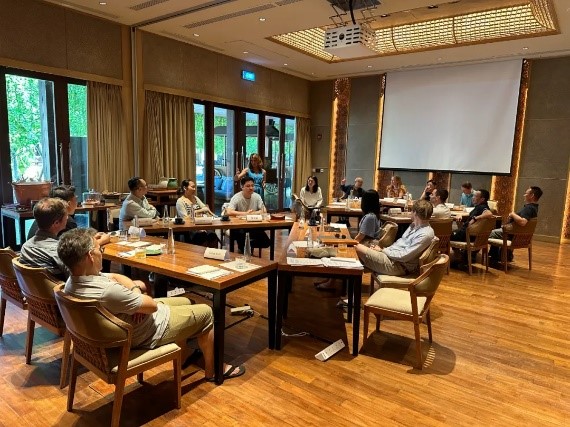
in addition, the experts also conducted a simulation of crisis scenarios involving ai applications, which was moderated by jacquelyn schneider, fellow at the hoover institution of stanford university. participating experts discussed in groups the potential risks that could be triggered in different application scenarios of ai, and relevant measures to conduct crisis management and avoid conflict escalation.
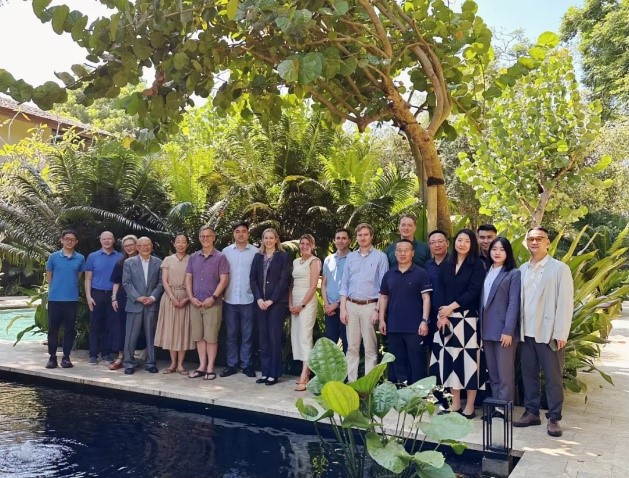
in october 2019, ciss and the brookings institution jointly established the u.s.-china dialogue on artificial intelligence and international security project, which has held ten rounds of dialogues so far. the two sides have organized experts to carry out continuous communication and exchanges on topics related to ai and international security and explore feasible paths to jointly address the security risks and challenges of ai.
